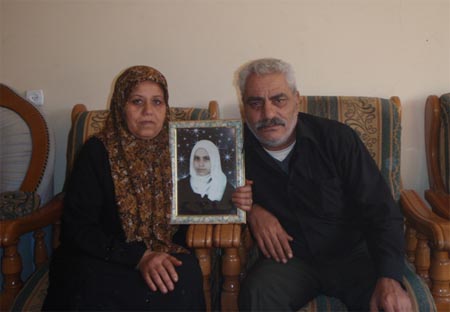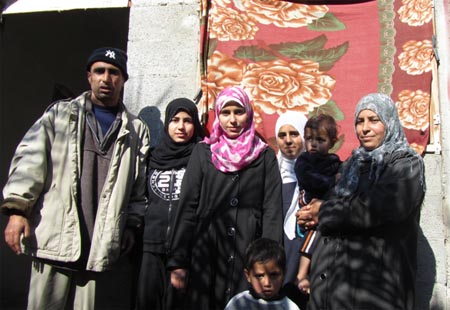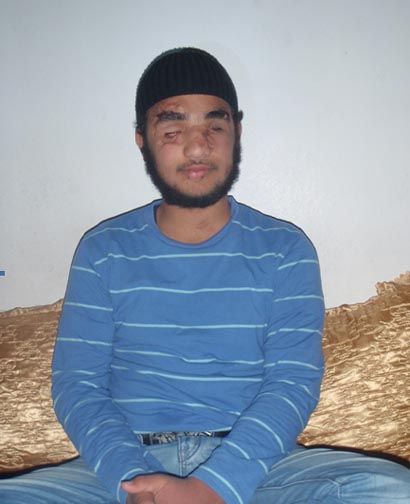Tag: Palestinian Centre for Human Rights
-
9 January 2009 – The Abu Oda family
9 January 2012 | Palestinian Centre for Human Rights “The Israeli military say they are the most moral army in the world, but they killed my daughter, they didn’t respect her right to live” On 9 January 2009, the Abu Oda household in the Al Amal neighbourhood of Beit Hanoun came under sustained fire from…
-
8 January 2009: The Al-Rahel family
8 January 2012 | Palestinian Centre for Human Rights “The other children keep talking about Dima and the memories of both incidents. ‘We wish to die like Dima’ is what the children sometimes say to me because of all the stress and our poor living conditions.” On 8 January 2009, at approximately 11:00, four missiles…
-
7 January 2009 – The Mattar family
7 January 2012 | Palestinian Centre for Human Rights “It would be great if someone could take me to the dessert and leave me there, that way I wouldn’t have to see people” At around 09:30 on 7 January 2009, Israeli forces targeted the al-Taqwa Mosque in the Sheikh Radwan district of Gaza City. The…



